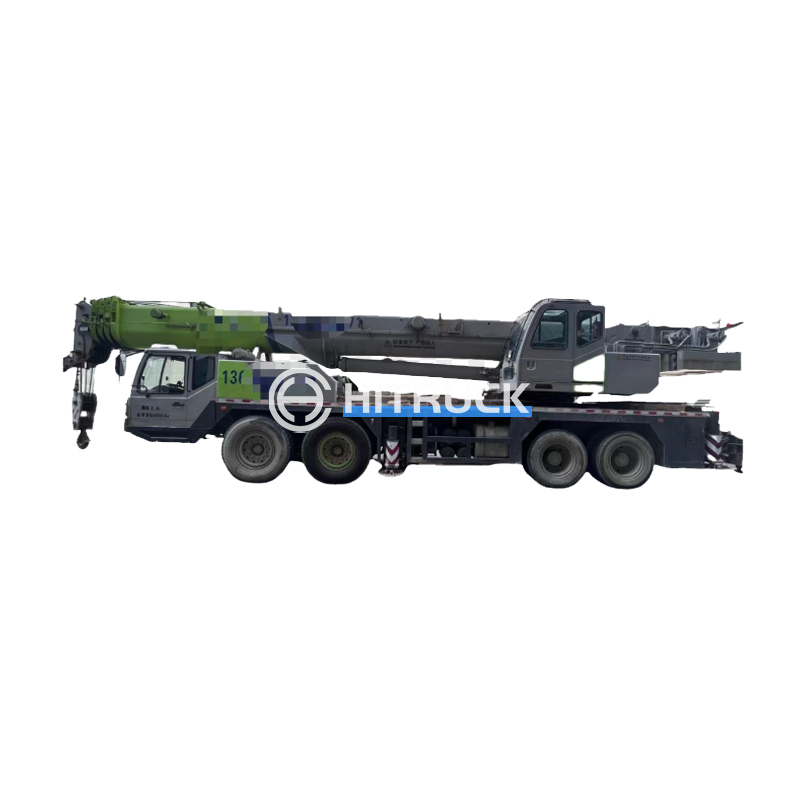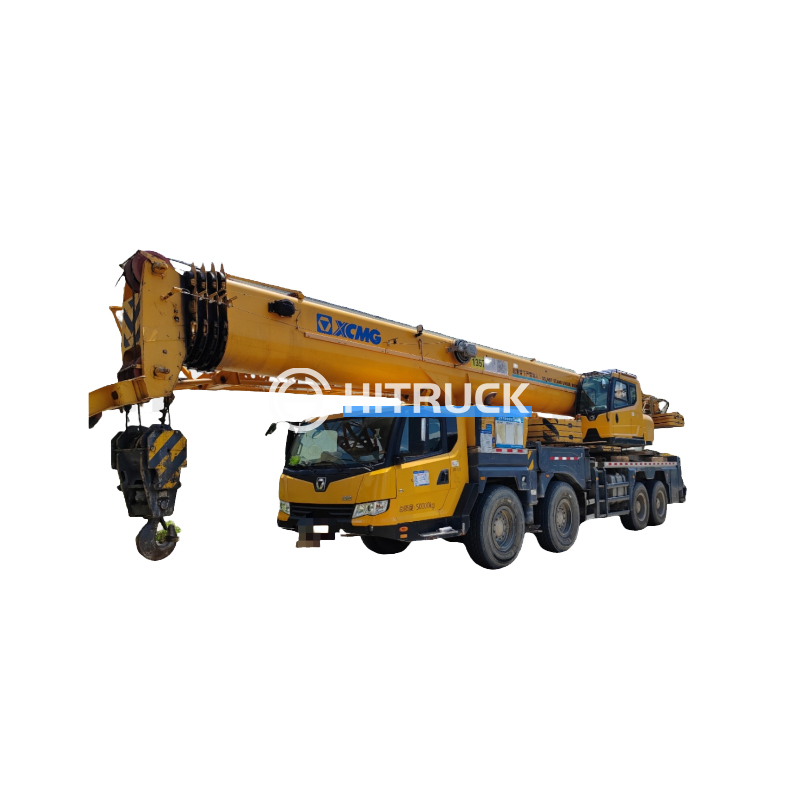This comprehensive guide explores the world of non-potable water trucks, covering their applications, types, regulations, and considerations for safe and effective use. We delve into the specifics of choosing the right truck for various needs, highlighting crucial factors to ensure compliance and responsible water management.
Non-potable water trucks are specialized vehicles designed for transporting water unsuitable for human consumption. This water, often sourced from recycled sources, industrial processes, or storm runoff, is used for various non-domestic purposes. Understanding the distinction between potable and non-potable water is crucial for selecting and operating the appropriate equipment and adhering to relevant safety regulations.
Non-potable water trucks are indispensable in construction projects, providing water for dust suppression, concrete mixing, and general cleaning. Industrial applications include supplying water for cooling systems, fire suppression (in certain circumstances), and cleaning processes. The volume and pressure requirements vary significantly depending on the application. For instance, dust suppression might require a higher volume of lower-pressure water, while high-pressure cleaning necessitates a different type of non-potable water truck.
While potable water is ideal for human consumption and some crops, non-potable water trucks can be cost-effective for irrigation in certain agricultural settings. This is particularly relevant in arid regions or when using treated wastewater for non-food crops. Careful consideration of water quality and potential soil contamination is necessary.
In emergency situations, non-potable water trucks can play a vital role in providing water for fire suppression, cleaning up hazardous materials, and other essential tasks. Their ability to reach remote or affected areas quickly makes them valuable assets in disaster relief efforts.
The market offers a range of non-potable water trucks, each designed with specific capacities and features. Some key considerations include tank size, pump type, and pressure capabilities.
| Tank Capacity (gallons) | Pump Type | Typical Applications |
|---|---|---|
| 500-1000 | Centrifugal | Dust suppression, small-scale irrigation |
| Diaphragm | Construction sites, larger irrigation projects | |
| >5000 | High-pressure piston | Industrial cleaning, specialized applications |
Note: This table provides a general overview. Specific specifications vary significantly by manufacturer.
Operating a non-potable water truck requires adherence to local and national regulations concerning water transport and disposal. Understanding these guidelines is crucial to prevent environmental contamination and maintain safe operational practices. Always consult with relevant authorities to ensure compliance.
Selecting the appropriate non-potable water truck depends on several factors, including the intended application, required water volume, pump pressure, and budget. Thorough research and consultation with reputable suppliers, such as Suizhou Haicang Automobile sales Co., LTD, are vital for making an informed decision.
For a reliable and efficient non-potable water truck solution, consider exploring the range of options available at Suizhou Haicang Automobile sales Co., LTD. Their expertise ensures you find the perfect fit for your specific requirements.












